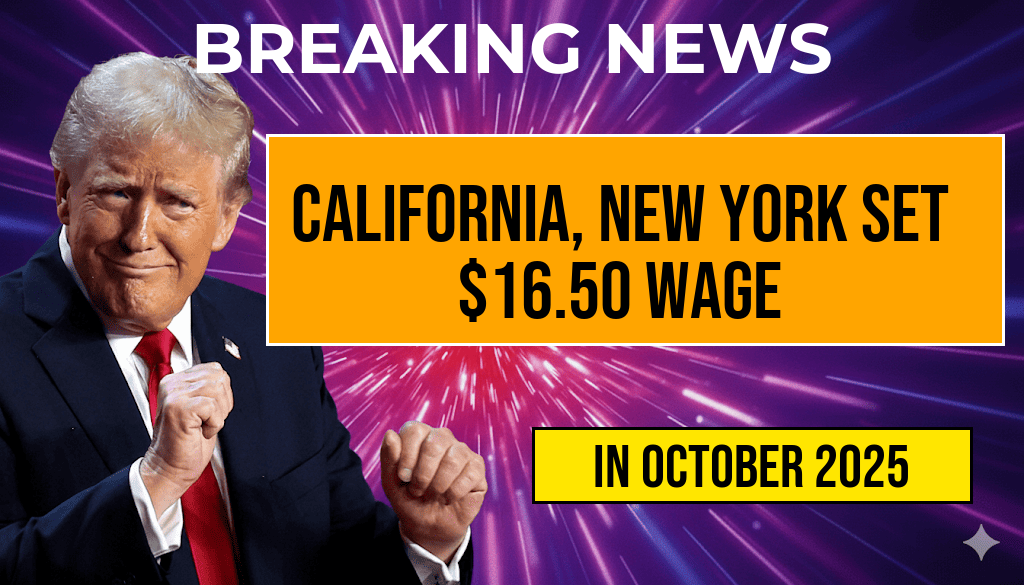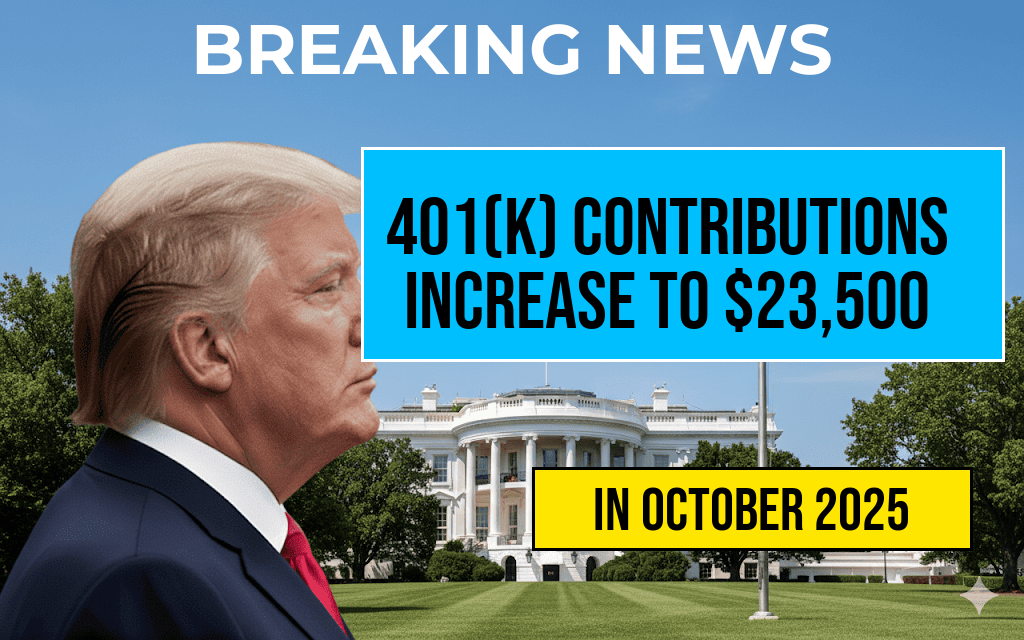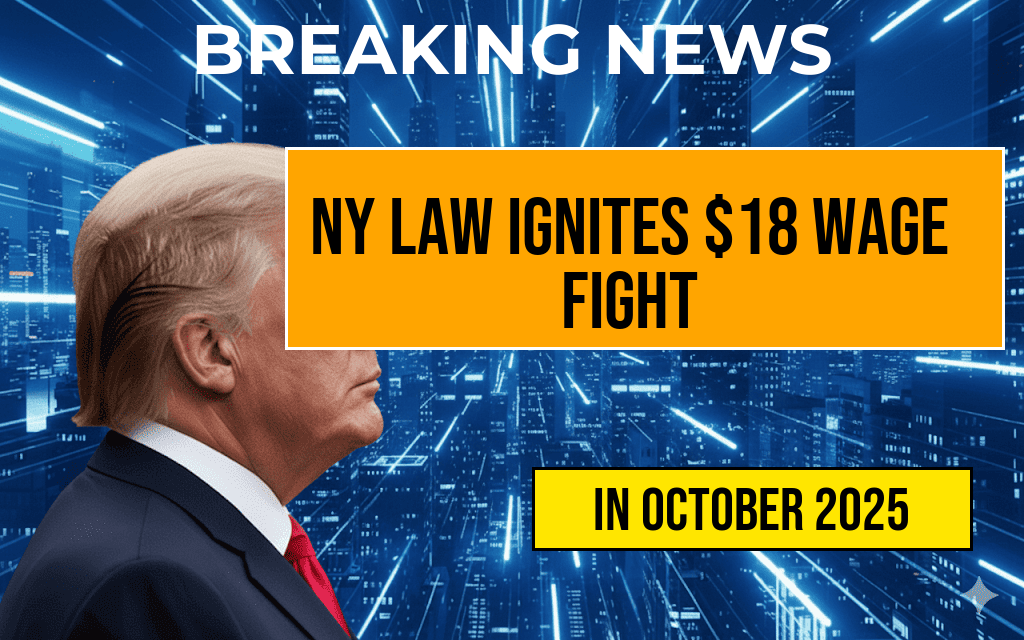In a significant move aimed at improving the financial well-being of fast food workers, New York has enacted a new law that mandates a minimum wage of $18 per hour for employees in the fast food industry. This legislation, which is part of a broader effort to address wage disparities and support low-income workers, has ignited passionate debates among various stakeholders, including labor unions, restaurant owners, and economic analysts. Proponents argue that the increased wage will provide essential support to workers who have been disproportionately affected by inflation and rising living costs. Conversely, some business owners express concerns that the law may lead to increased operational costs and potential job losses. As the law is set to take effect in the coming months, the fast food industry is bracing for its impact across the state.
The Background of the New Law
The law, which was signed by Governor Kathy Hochul, is part of a larger initiative to uplift the livelihoods of workers in the hospitality sector. The minimum wage for fast food workers in New York has been a contentious issue for years, with advocates pushing for reforms to ensure fair compensation. This new law positions New York as one of the first states in the nation to implement such a wage increase for fast food employees.
Support from Labor Unions
Labor unions have heralded the wage increase as a critical victory for workers. The Fight for $15 movement, which has gained traction over the past decade, aims to secure fair wages and better working conditions for low-wage workers. Union leaders argue that the new law will not only benefit employees but also stimulate local economies by increasing consumer spending power.
- Increased Earnings: Workers can expect a significant boost in their earnings, allowing them to better support their families.
- Economic Stimulus: Higher wages are anticipated to lead to increased spending in local communities.
- Improved Working Conditions: With more financial resources, workers may experience reduced stress and improved job satisfaction.
Challenges Faced by Business Owners
While many applaud the wage increase, it has raised alarms among fast food restaurant owners. Critics of the law assert that the additional labor costs could lead to difficult decisions regarding staffing and pricing. Some owners argue that they may have to reduce employee hours or increase menu prices to maintain profitability.
- Operational Costs: With labor costs rising, many businesses fear they may not be able to sustain their current workforce levels.
- Potential Layoffs: Some owners are considering layoffs or reduced hiring as a means of coping with the increased wage burden.
- Price Increases: Menu prices may rise, potentially driving away customers and affecting sales.
Economic Implications
Economic analysts are closely monitoring the potential effects of the wage increase on the broader economy. Some studies suggest that raising the minimum wage can lead to increased consumer spending, which in turn can stimulate economic growth. However, others caution that significant wage hikes can have unintended consequences, including inflationary pressures and challenges for small businesses.
| Impact | Positive Effects | Negative Effects |
|---|---|---|
| Consumer Spending | Increased disposable income | Potential price increases |
| Business Growth | Higher demand for services | Challenges for small businesses |
| Employment Rates | More disposable income may create jobs | Possible layoffs or reduced hiring |
Looking Ahead
As New York prepares to implement the new law, the fast food industry faces a critical juncture. Stakeholders from all sides are advocating for solutions that consider both worker welfare and business viability. The outcome of this legislative change will likely set a precedent for other states considering similar measures. With the eyes of the nation on New York, the implications of this law could resonate far beyond state lines.
For ongoing updates and insights into the fast food wage debate, readers can refer to resources from the Forbes and the NBC News.
Frequently Asked Questions
What is the new law in New York regarding fast food wages?
The new law in New York aims to establish a minimum wage of $18 per hour for fast food workers, reflecting the state’s commitment to improving the financial conditions of employees in the fast food industry.
Who will be affected by this new wage law?
The $18/hour wage law will primarily impact fast food workers across New York, including those employed at major chains and independent fast food establishments.
What are the arguments for raising the wage to $18/hour?
Supporters argue that raising the minimum wage to $18/hour is essential to help fast food workers meet the rising cost of living and to ensure fair compensation for their labor in a demanding industry.
How are fast food employers responding to the new law?
Many fast food employers express concerns about the financial impact of the $18/hour wage on their businesses, arguing that it could lead to increased prices for consumers and potential job cuts.
When will the new wage law take effect?
The new $18/hour wage law is set to take effect in the coming months, although specific dates may vary as the law is implemented and additional regulations are finalized.











